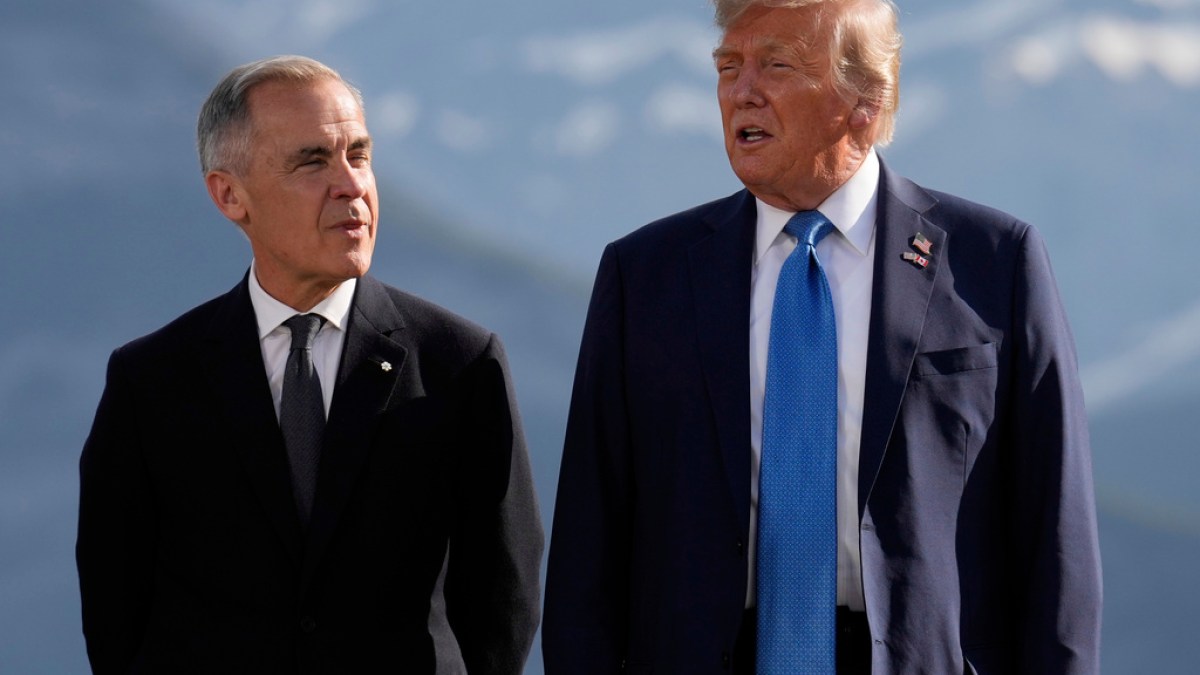In a statement released on Sunday, Canadian Prime Minister Mark Carney claimed that Trump and he have now agreed to resume trade talks.
According to Carney, “Today’s announcement will encourage a resumption of negotiations in the direction of the July 21, 2025, timeline set out at this month’s G7 Leaders’ Summit in Kananaskis.”
The technology firms’ levy in Canada was scheduled to go into effect on Monday.
Trump claimed on Friday that the tax, which targets “our American technology companies,” is “a direct and blatant attack on our country.”
Some of the biggest tech companies in the world, including Apple, Alphabet/Google, Amazon, and Meta, are located in the US.
Even if Canadian businesses don’t have a physical presence in Canada, the Digital Services Tax Act (DSTA) places a cap on the sale of Canadian goods.
Large technology companies with global revenues of more than $ 820 million and Canadian revenues of more than $ 14.7 million are required to pay a 3% levy on some Canadian-earned digital services revenues.
This tax targets gross revenue in the form of profit-based corporate taxes in contrast to traditional corporate tax that is based on user engagement in Canada.
Online retailers, social media sites, digital advertising, user data sales, or user data licensing will be among the digital services subject to the levy.
The new framework for businesses requires payments on revenues dating back to January 1, 2022, which is one of its most contentious components.
Source: Aljazeera

Leave a Reply